Recently, at the workshop “Vietnam's beverage industry in the new era: Trends, challenges and opportunities” organized by the Vietnam Beer - Alcohol - Beverage Association (VBA) in collaboration with other organizations in Ho Chi Minh City on November 7, experts and businesses shared the view that the beverage industry is playing an important role in the green development process and realizing Vietnam's goal of net zero emissions.
Associate Professor Dr. Nguyen Van Viet, Chairman of VBA, said that each year the beverage industry contributes more than VND60,000 billion to the national budget and creates millions of jobs across the entire value chain, from agriculture, manufacturing to logistics, distribution and retail. However, the consumer market is changing rapidly, requiring businesses to adapt flexibly, promote green transformation, and apply modern technology to keep up with the "Era of national growth", the period when Vietnam accelerates and makes economic breakthroughs.
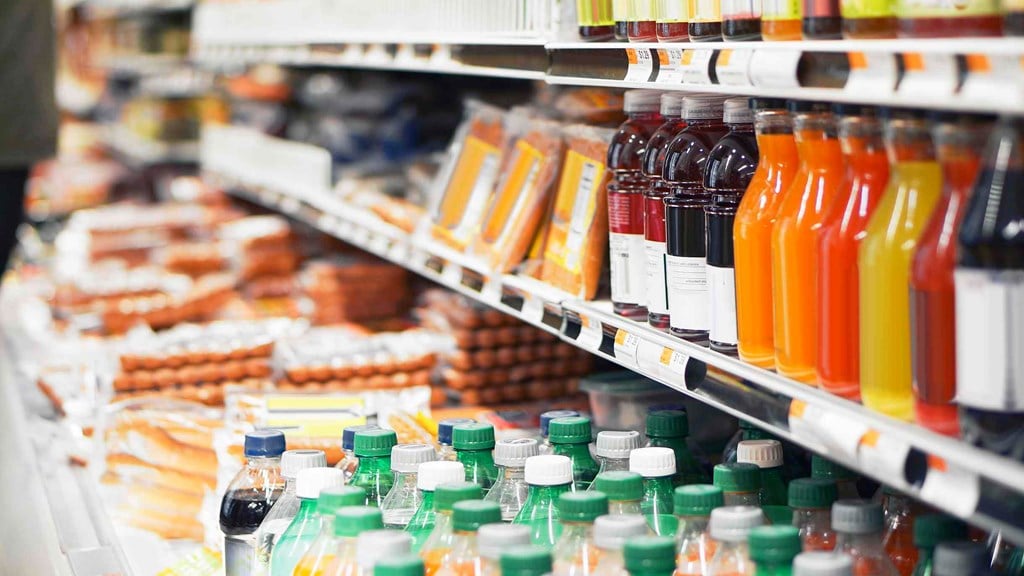
Faced with increasing demands for food safety, health and sustainability, beverage businesses are forced to innovate production methods, moving towards environmentally friendly technology. At the workshop, Mr. Tran Minh Triet, Chief Representative of Suntar Group (Singapore) shared that advanced membrane technology solutions are opening up a potential direction for Vietnamese beverage businesses, helping to improve product quality, optimize costs and develop sustainably through energy saving and emission reduction.
According to Mr. Triet, Suntar currently provides membrane filtration systems used in the production of soft drinks, tea, coffee, fruit juice and craft wine - areas that Vietnam has export strengths in. In particular, non-heat filtration technology helps preserve natural flavors, reduce energy consumption and wastewater, and meet international food safety standards.
Along with technological innovation, beverage businesses are recommended to invest in renewable energy, manage emissions along the supply chain, increase the use of environmentally friendly packaging and build a closed production model. This is not only a requirement of the global trend but also a responsibility in the commitment to net zero emissions by 2050 that Vietnam has set.
In terms of policy, Associate Professor Dr. Nguyen Dinh Tho, Deputy Director of the Institute of Agricultural and Environmental Policy and Strategy ( Ministry of Agriculture and Environment ), said: "Green transformation is no longer a management requirement, but an opportunity to improve competitiveness, attract investment and meet sustainable consumption trends."
Mr. Tho also commented that when the legal framework, recycling infrastructure and domestic technology are completed, the Vietnamese beverage industry can completely become one of the pioneering sectors of the national green economy.
Faced with market shifts, consumers are increasingly interested in safe, environmentally responsible products, creating positive pressure for businesses to change. Many domestic brands have begun investing in green production chains, utilizing solar energy, recycling wastewater, and increasing the proportion of reusable packaging in products.
According to Ms. Chu Thi Van Anh, Vice President and General Secretary of VBA, early grasp of green consumption trends not only helps businesses meet consumer policies and tastes, but also opens up great opportunities in export, especially to markets with high requirements on environmental standards such as the EU, Japan, and Korea.
With open development potential and policy support, the Vietnamese beverage industry is facing a major turning point, where each bottle of water, each can of beer or each cup of coffee not only carries flavor but also contains a green commitment for the sustainable future of the Vietnamese economy.
Source: https://moit.gov.vn/phat-trien-ben-vung/nganh-do-uong-viet-nam-chuyen-minh-theo-xu-huong-tieu-dung-xanh.html


![[Photo] Prime Minister Pham Minh Chinh attends the Patriotic Emulation Congress of the Ministry of Foreign Affairs for the 2025-2030 period](https://vphoto.vietnam.vn/thumb/1200x675/vietnam/resource/IMAGE/2025/11/10/1762762603245_dsc-1428-jpg.webp)

![[Photo] Prime Minister Pham Minh Chinh attends the annual Vietnam Business Forum](https://vphoto.vietnam.vn/thumb/1200x675/vietnam/resource/IMAGE/2025/11/10/1762780307172_dsc-1710-jpg.webp)





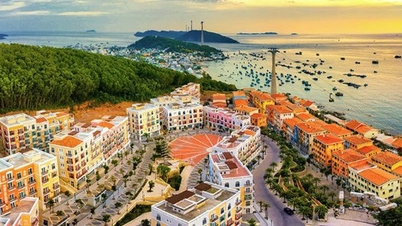
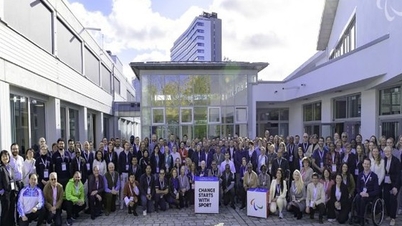
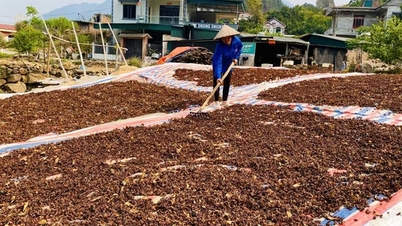
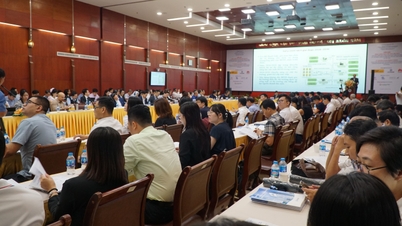







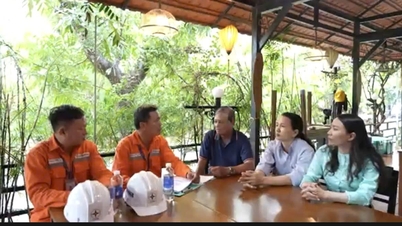
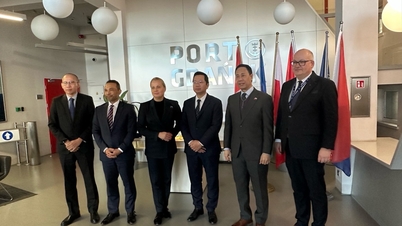















































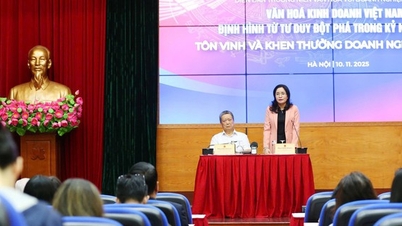
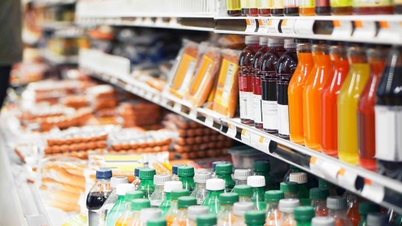


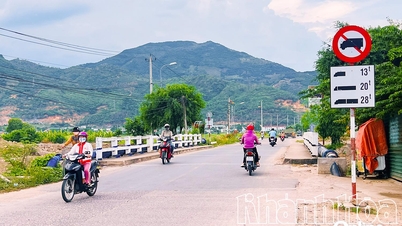




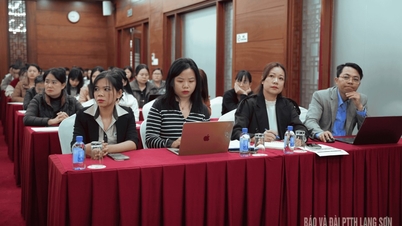


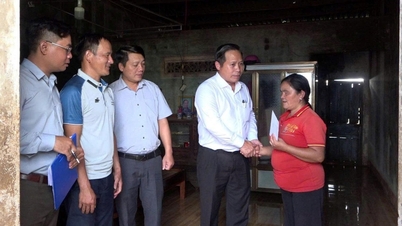


![Dong Nai OCOP transition: [Article 3] Linking tourism with OCOP product consumption](https://vphoto.vietnam.vn/thumb/402x226/vietnam/resource/IMAGE/2025/11/10/1762739199309_1324-2740-7_n-162543_981.jpeg)











Comment (0)